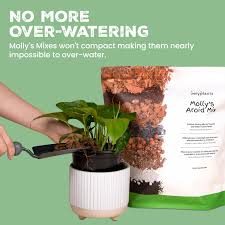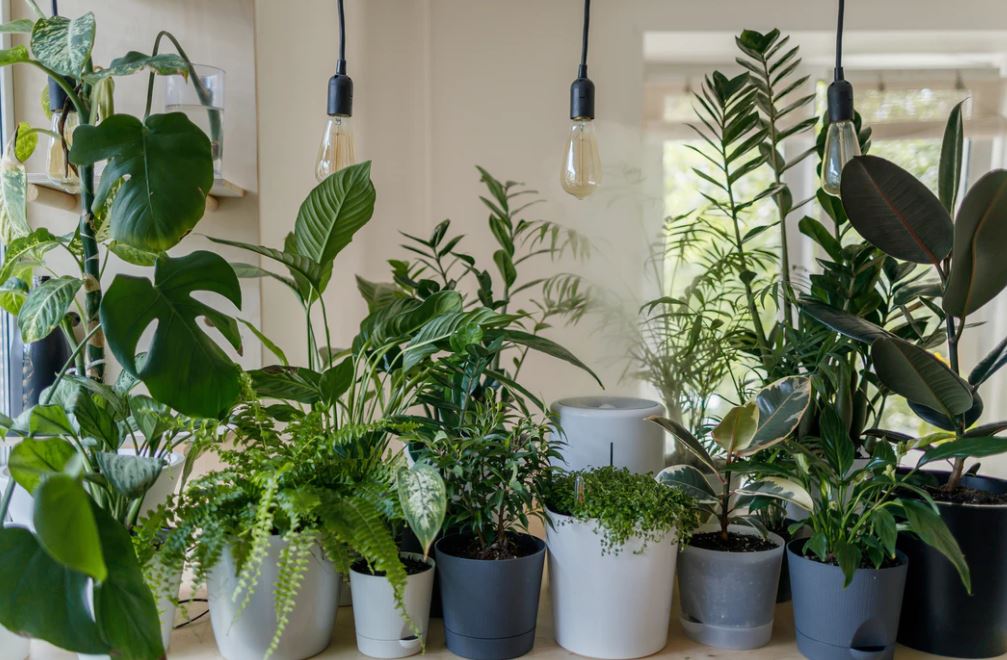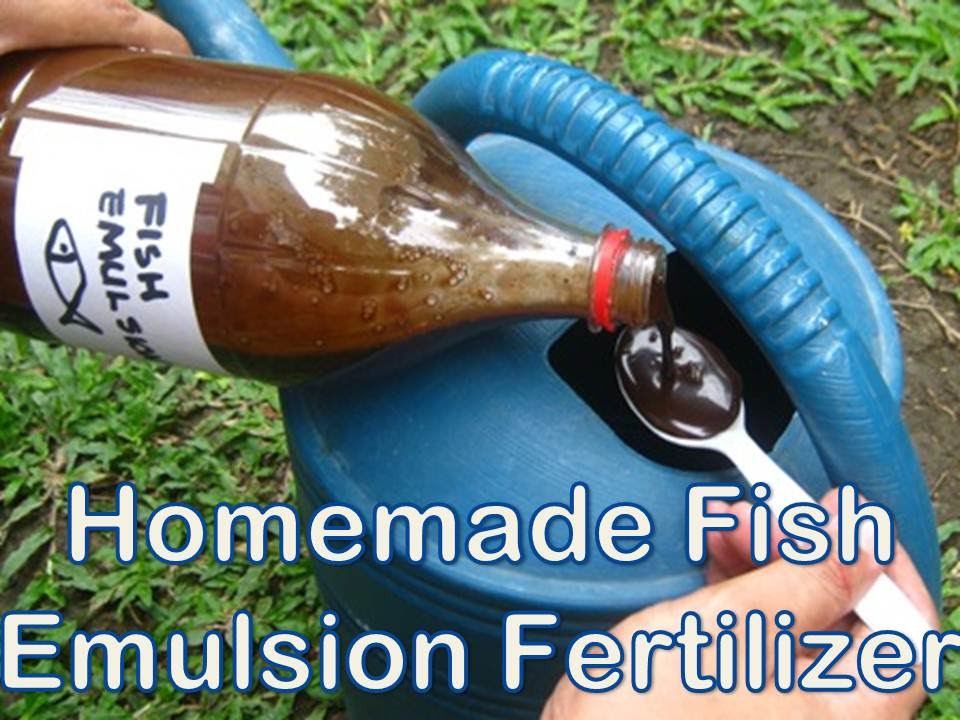What are the benefits of using compost on indoor plants?
Composting is the process of turning organic materials such as kitchen scraps, yard waste, and even paper products into nutrient-rich soil that can be used to fertilize plants. Many gardeners already know the benefits of using compost in outdoor gardens, but did you know that indoor plants can also benefit from this natural fertilizer?
Promotes healthy growth
Indoor plants need a steady supply of nutrients to thrive, and compost is an excellent source of essential minerals and nutrients. By adding compost to the soil of your indoor plants, you can ensure that they have access to all the nutrients they need to grow strong and healthy. This can lead to lusher foliage, more vibrant blooms, and overall better plant health.
Improves soil quality
Compost is not only rich in nutrients but also helps improve the structure of the soil. Adding compost to the soil of your indoor plants can help improve drainage, aeration, and water retention, creating an ideal environment for plant roots to thrive. Healthy soil leads to healthy plants, making compost a valuable addition to any indoor garden.
Reduces waste
Composting is an eco-friendly way to reduce waste in your home. Instead of throwing organic materials into the garbage where they will end up in a landfill, you can compost them and turn them into nutrient-rich soil for your indoor plants. This not only helps the environment but also saves you money on commercial fertilizers.
Suppresses plant diseases
Compost contains beneficial microorganisms that can help suppress harmful plant diseases. When added to the soil of indoor plants, compost can create a protective barrier against pathogens, reducing the risk of disease and promoting overall plant health.
Encourages sustainability
Using compost on indoor plants is a sustainable gardening practice that can help reduce your carbon footprint. By recycling organic materials into compost, you are reducing the need for synthetic fertilizers and chemicals that can harm the environment. Sustainable gardening practices like composting can help promote a healthier planet for future generations.
Conclusion
When it comes to caring for indoor plants, compost is a valuable tool that can provide numerous benefits. From promoting healthy growth to reducing waste, compost is a natural fertilizer that can help your indoor plants thrive. Consider adding compost to the soil of your indoor plants to enjoy all the benefits it has to offer.


